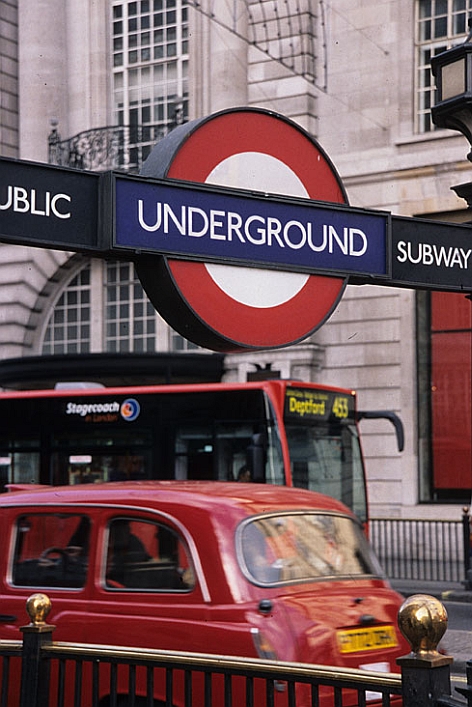London Underground's card system fails


Subway fare collection systems in Europe seem to be failing left and right. Yesterday Berlin ticket machines were in the spotlight while today we travel to London for more subway fun.
London public transportation's passenger control system, based on RFID-based electronic access cards, failed on Saturday. Known as Oyster cards, the automated system is intended to speed passenger access onto trains and buses.
The BBC reports:
The Oyster system on London's public transport network has suffered a fault, rendering the electronic cards inoperable for about five hours.
The cards are used as a form of payment across the city on the Tube, buses, trams and the Docklands Light Railway.
A fault lasting from about 0530 BST to 1030 BST on Saturday meant card readers did not work and some passengers could be charged a maximum fare by mistake.
Making matters worse, cards swiped during that period were rendered useless and must be replaced. ZDNet UK notes, "An investigation has been launched into how 60,000 Oyster smartcards were made inoperable over the weekend."
London's smartcard system has been under fire recently for security concerns. ZDNet's Nate McFeters covered that issue:
A group of Dutch security researchers was able to clone the “smartcards” that commuters use to pay fares in the London Underground system, allowing the group to ride for free.
Transport for London (TfL), which operates London's subway and buses, provided the following statement in response to my request for additional technical information:
We are currently working with our contractor Transys to investigate the cause of the problem but worked to quickly reinstate the system and minimize any disruption to our passengers. The Oyster card system is extremely robust and problems of this nature are very rare. The last time something like this happened was over three years ago, in early 2005.
Let's hope TfL informs the public once they've figured out what went wrong.
[Image (c) Transport for London 2005 and used by permission]